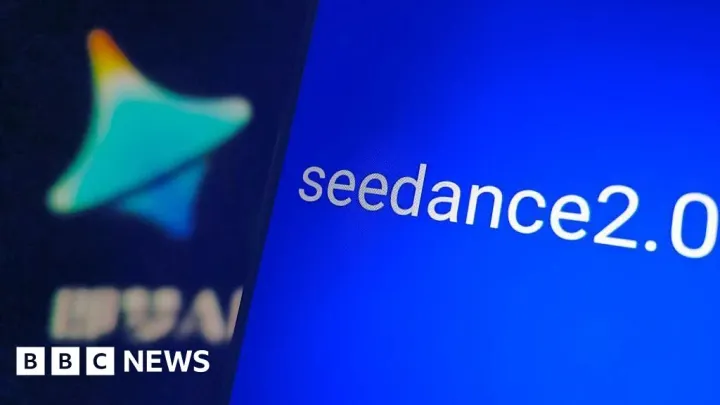Should AI Be Allowed to File Patents?
AI is creating new inventions—should it be allowed to hold patents? Dive into the debate and discover the future of innovation.

Imagine a machine that not only designs a new technology but also claims ownership of it. This isn’t science fiction anymore—AI has already created groundbreaking inventions. But should AI be allowed to file patents, or should inventorship remain uniquely human?
The Rise of AI-Generated Inventions
AI has moved beyond just crunching numbers or automating tasks. Today’s sophisticated AI models, like DABUS (Device for the Autonomous Bootstrapping of Unified Sentience), have generated new inventions without direct human input. In 2019, DABUS designed a novel food container and a unique emergency beacon.
This challenges traditional patent systems, which require a human inventor. In the U.S., for example, the Patent Act defines an inventor as an “individual”—a term courts have interpreted to mean a human being.
Legal Hurdles and Global Debate
The question of whether AI should be allowed to file patents has reached courts worldwide. In 2020, the U.S. Patent and Trademark Office (USPTO) rejected DABUS’s application, arguing that an AI cannot be an inventor. Courts in the UK and EU have taken a similar stance, emphasizing that patent law is designed to reward human creativity.
However, in a landmark move, South Africa granted the world’s first AI-generated patent to DABUS in 2021. This signals a potential shift in how some jurisdictions interpret inventorship.
Should AI Hold Invention Rights?
Proponents argue that allowing AI to file patents could spur innovation. If an AI system creates something new, shouldn’t it be recognized as the inventor? This could encourage broader use of AI tools in R&D and level the playing field for smaller companies.
Critics warn of ethical and legal challenges. Who would be responsible if an AI-invented technology causes harm? How can we ensure that human oversight and accountability remain intact? These questions highlight the need for careful regulation before granting AI full inventorship rights.
The Future of AI and Patents
The debate over AI and patents isn’t just about legal definitions—it’s about the future of innovation. Should we create a new category for “AI-assisted inventions”? Should human supervisors always be listed as inventors, even if their role was minimal?
As AI becomes more sophisticated, the pressure to modernize intellectual property law will only grow. A balanced approach that respects human creativity while acknowledging AI’s role could be the key.
Conclusion
So, should AI be allowed to file patents? While AI is already reshaping how we invent, most experts agree that humans must remain at the center of inventorship—for now. But as AI’s role evolves, so too must our legal and ethical frameworks.
Actionable Takeaways:
- Keep an eye on emerging patent policies in your country, especially if you’re in AI or R&D.
- Understand how AI-assisted inventions could change the competitive landscape.
- Watch for updates from global patent offices, as these decisions set important precedents.


